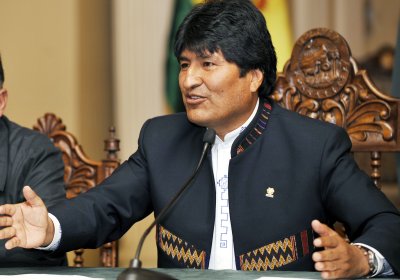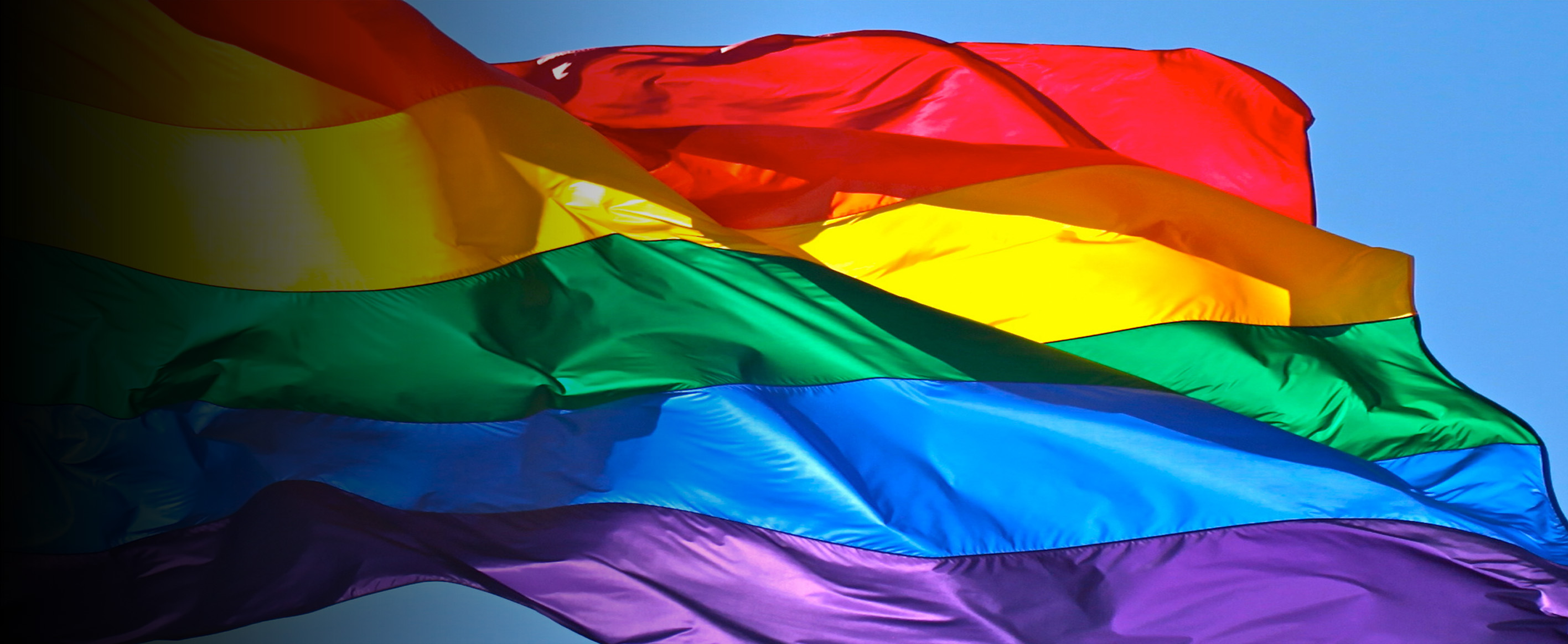Venezuelan Foreign Minister Delcy Rodriguez announced that the country will begin the process of exiting the Organization of American States (OAS).
The announcement came after the organisation's Permanent Council agreed on April 26 to convene a meeting of foreign ministers to discuss the situation in Venezuela, with 19 votes in favour, 10 against, one abstention and one absence.











 Bolivia has approved a new law that allows transgender people to change their name, sex and gender on birth certificates and other official records. LGBTI rights activists in Bolivia see the law as a groundbreaking sign of growing tolerance in Latin America.
Forty people began the process to change their personal information on identity documents and bank accounts, and alter their professional titles on the day the law passed.
Bolivia has approved a new law that allows transgender people to change their name, sex and gender on birth certificates and other official records. LGBTI rights activists in Bolivia see the law as a groundbreaking sign of growing tolerance in Latin America.
Forty people began the process to change their personal information on identity documents and bank accounts, and alter their professional titles on the day the law passed.